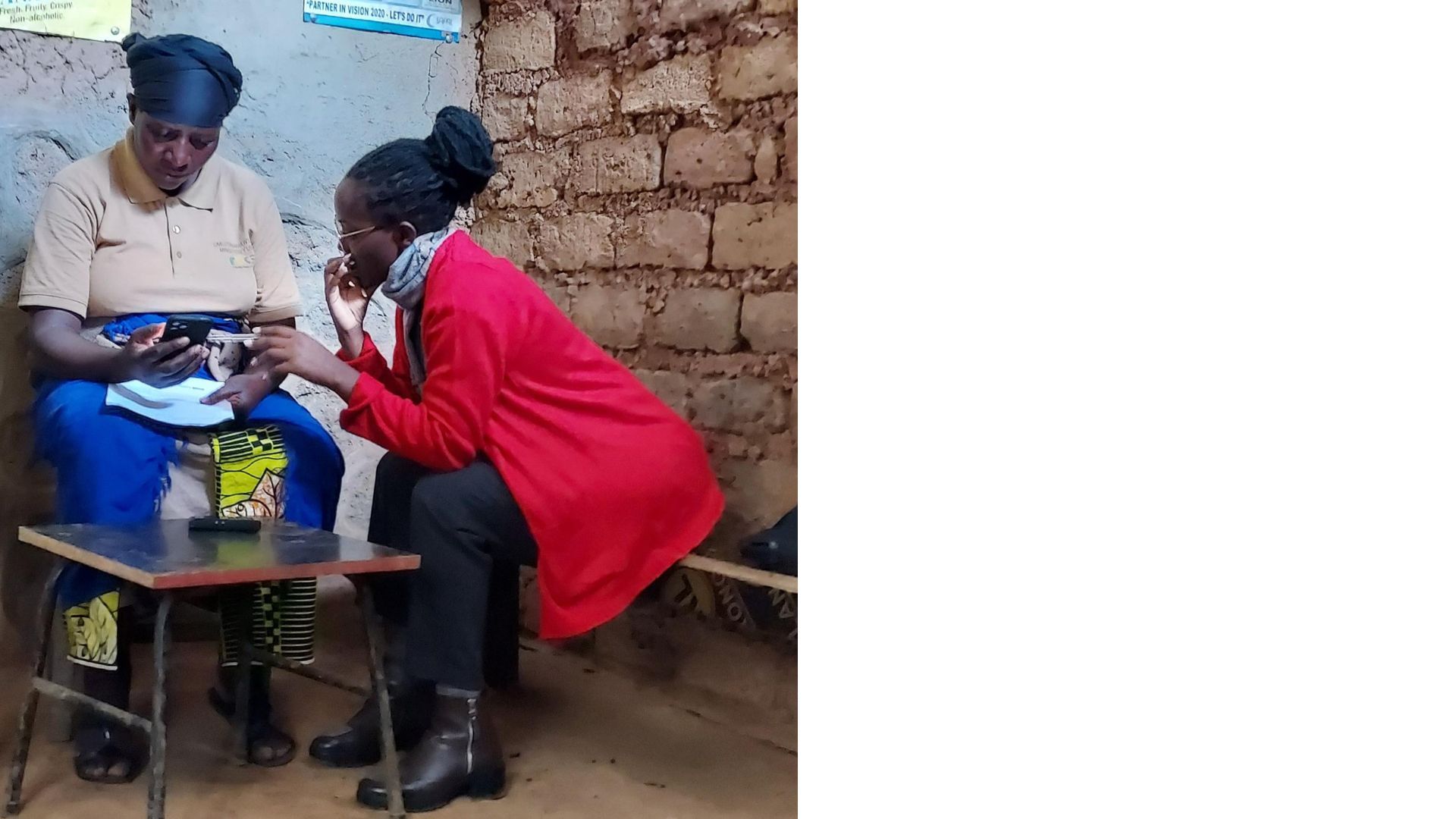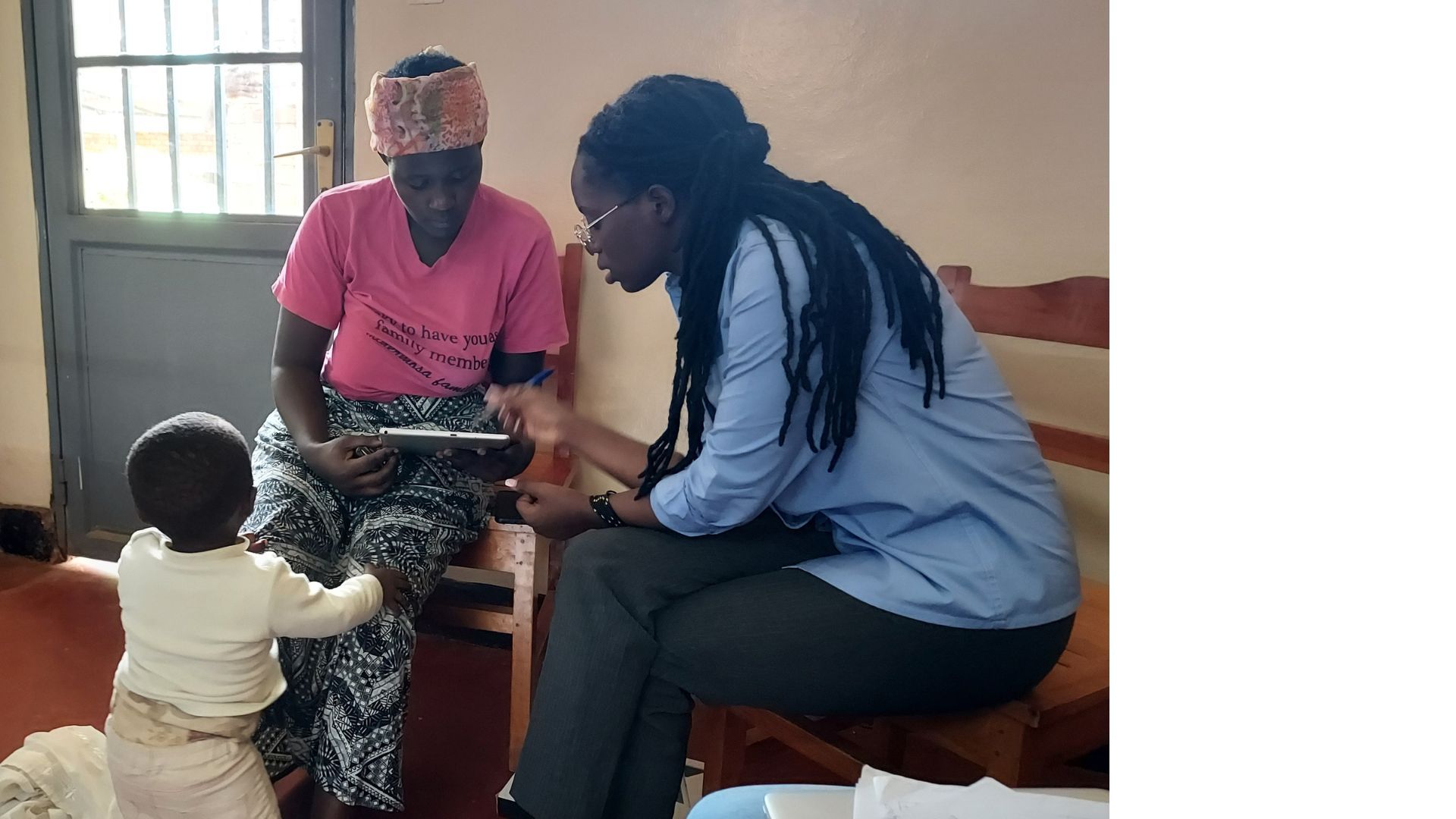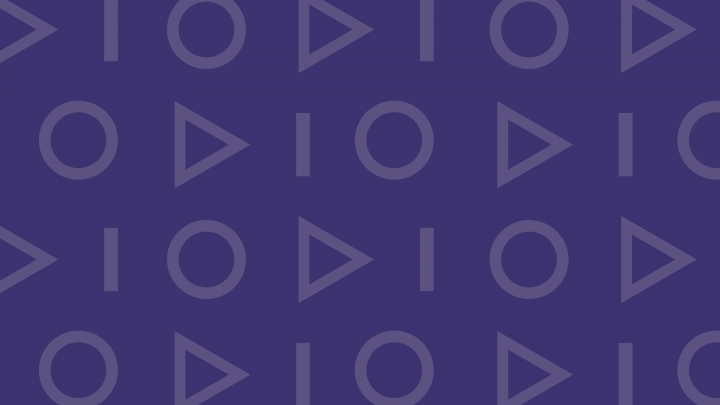The DIRECT project aims to establish research driven ecosystems in the Eastern Africa and Southeast Asia regions to create new business opportunities for Finnish companies through evidence-based practice in use of digital rehabilitation in different service and cultural contexts. The project combines basic and applied research and seeks to develop cooperation between public and private sector institutions from Finland and countries from East Africa and Southeast Asia.
Potential of Digital Rehabilitation
Although many countries in the world face challenges in providing rehabilitation services, low- and middle-income countries (LMICs) face a constant and ever-increasing burden. Some of the challenges hindering access to rehabilitation in LMICs include lack of professionals, inadequate and underdeveloped infrastructures, and lack of funding. Adopting digital rehabilitation has the potential to improve health care delivery and research in these regions through efficient analysis and documentation, early diagnosis, preventive services, enhancing service user adherence, improved care management, among others. If implemented across social and health care systems, digital solutions will enhance access to rehabilitation and promote the effectiveness, efficiency, and quality of services, thus contributing to enhancing health equity in LMICs. However, there is lack of evidence about the implementation and impact of digital rehabilitation interventions across the social and health care system.
Basic research
Prior to the start of the project, a landscape analysis to get an overview of the rehabilitation situation in the participating East African countries was done. Based on this analysis, the research activities during the first year of the project focused on collecting data from health care professionals, community health workers, service users, educators, and students in special education. The findings from these activities would then be used to inform the development of context-specific interventions. The overall goal is to develop a contextualised digital-first rehabilitation model to strengthen health systems in low-resource settings and elsewhere. A digital-first approach will assist in delivering services directly to service users or through the primary health care system instead of solely through rehabilitation professionals as is the case of the practice in high-income countries.


